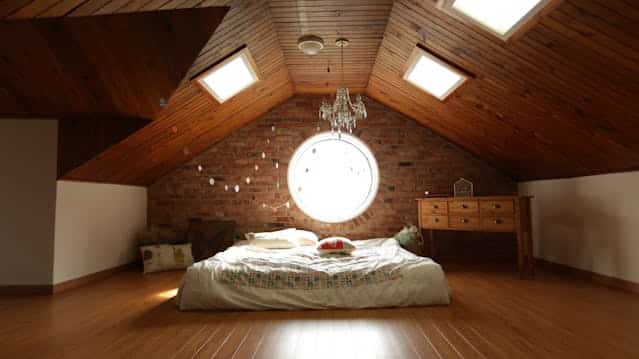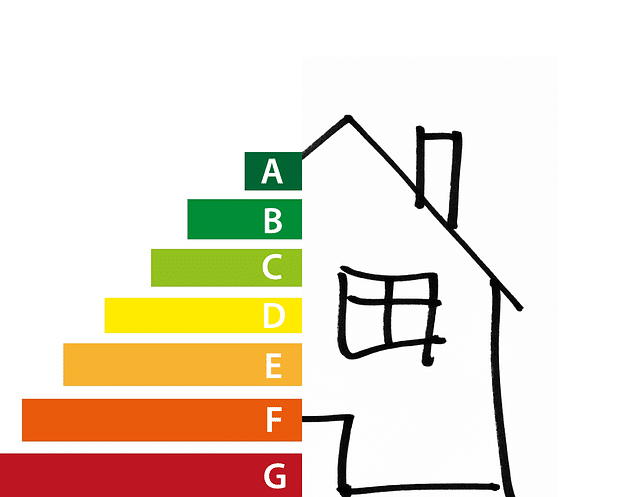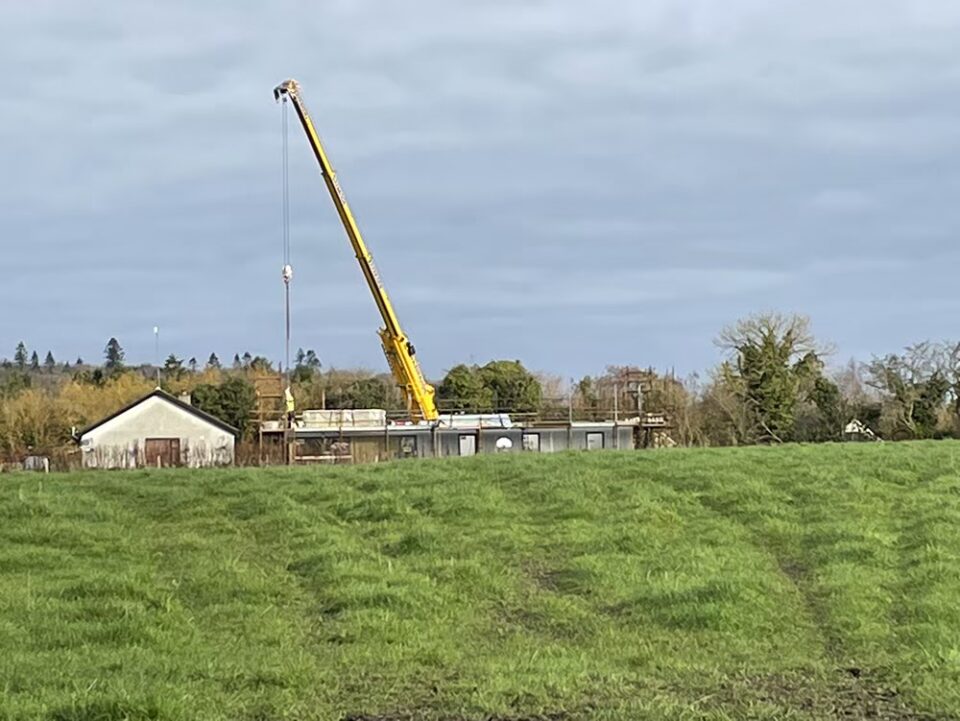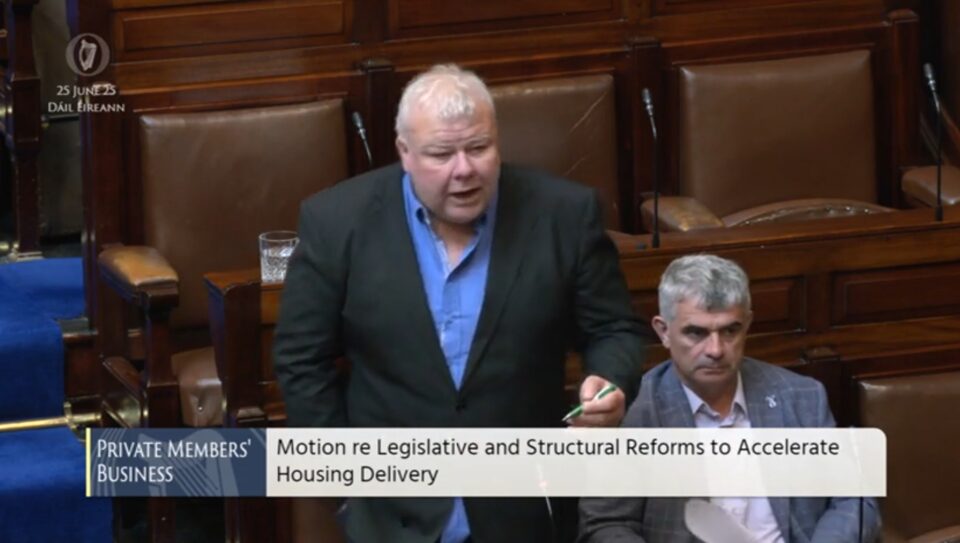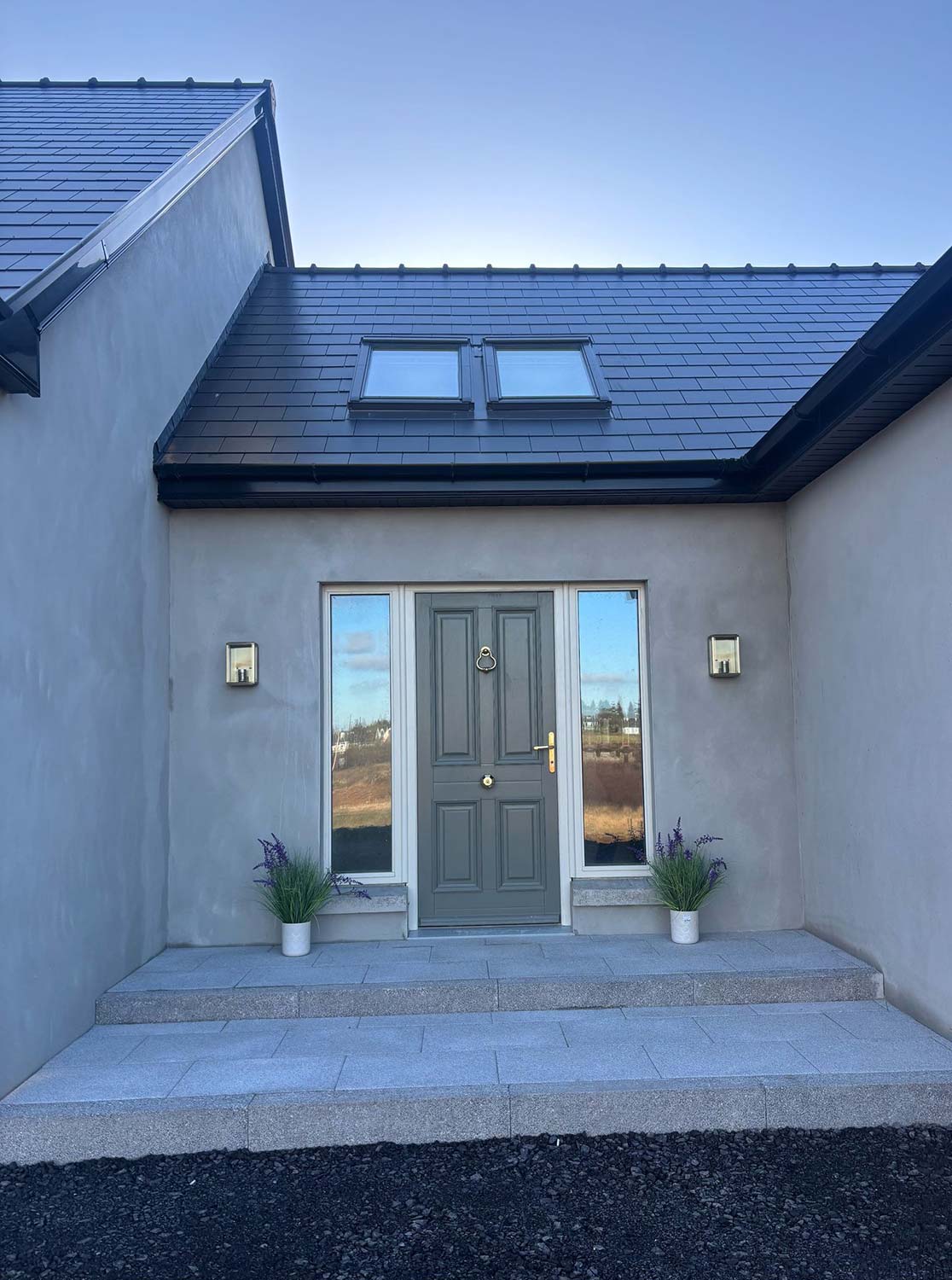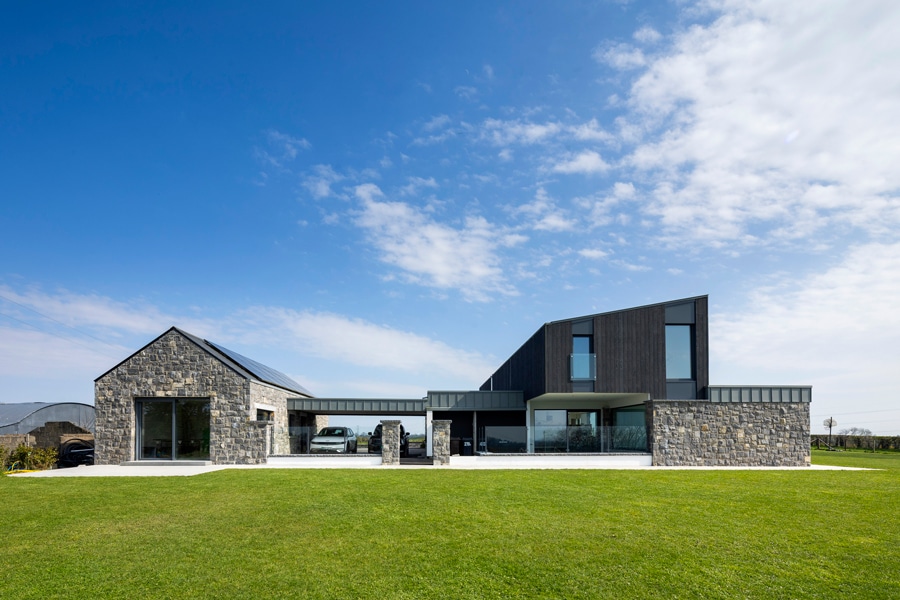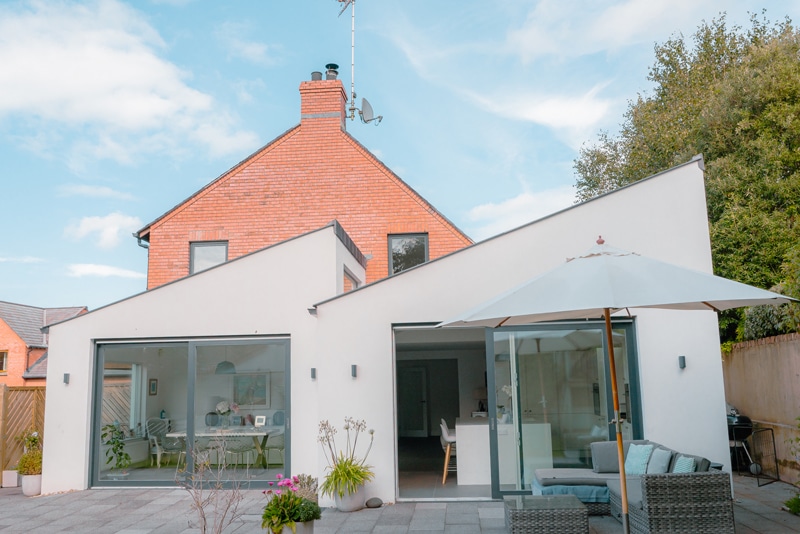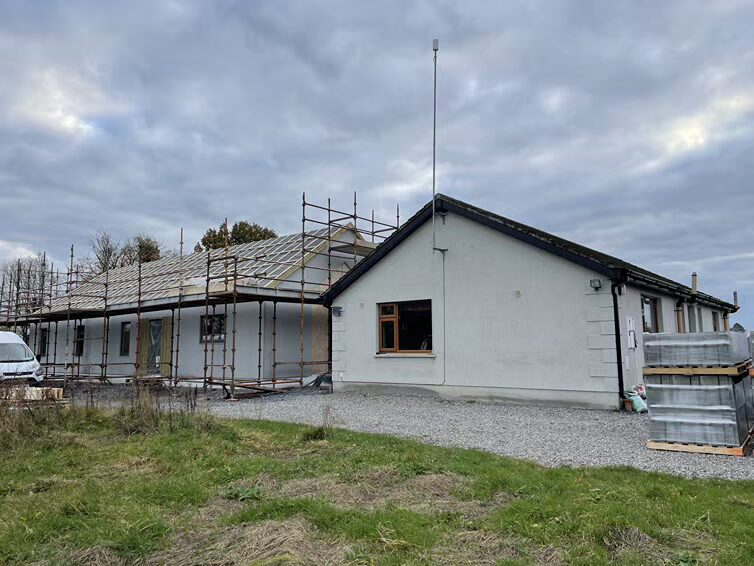In this article we cover:
- Details of a reduced VAT rate for NI – not a cut to zero
- Update from March 2023
- How much saving can be made on a typical installation
- Which ESMs qualify in NI
- What type of projects qualify for the reduced rate: the 60 per cent rule
- How long the VAT cut will be in place
Energy saving materials (ESMs) will no longer be applied full value added tax in NI, thanks to measures introduced in Chancellor Rishi Sunak’s Spring Statement.
According to the UK government, the introduction of zero VAT on energy saving materials, or ESMs, will mean a typical family having rooftop solar panels installed will save more than £1,000 in total on installation, and then £300 annually on their energy bills.
The government is reversing a Court of Justice of the European Union ruling that restricted the application of VAT relief on the installation of ESMs. Wind and water turbines will be added to the list of ESMs and complex eligibility conditions removed.
The Northern Ireland Executive will receive a Barnett share of the value of this relief until it can be introduced UK wide.
The Federation of Master Builders welcomed the move, saying it would boost the drive for greener and more energy efficient homes.
“Historically, consumers have not been properly incentivised to commission green upgrades to their homes,” said Brian Berry, Chief Executive of the FMB.
“This VAT cut will help householders insulate their home at a time when energy bills are escalating. It will also provide a much-needed boost to local builders operating in the retrofit market. The Government now needs to build on the VAT cut and implement a long term National Retrofit Strategy to provide business certainty.”
NI VAT cut for green upgrades: full details
Update March 2023: Guidance from the HMRC shows the VAT cut on ESMs will be in force until 31 March 2027.
The zero VAT rate only applies to Great Britain, in NI the VAT rate is reduced to 5 per cent but only if you get a tradesman to install the ESM. Buying products directly will see the standard 20 per cent VAT rate applied.
According to the guidance if you get a tradesman to install the materials, having bought them yourself, the installation itself will be get the reduced VAT rate.
There are further restrictions, including having to install the materials to someone who benefits from social supports or prove the 60 per cent rule applies.
The 60 per cent rule refers to the share of the cost of materials versus the cost of labour; the installer must calculate this ratio. That is the price for the purchase the materials (excluding VAT) as a percentage of the total value of its supply (excluding VAT) to the end customer. The materials that must be included in this calculation are all of the goods supplied to the customer as part of the installation which remain in place once the job has been completed.
If the percentage is 61 per cent or more using normal rounding conventions, the installer will have to apportion the reduced VAT value to the labour portion. The HMRC gives the following example:
For example, a business carries out an installation of solar panels combined with a battery. It pays £5,000 for the solar panels and battery (excluding VAT) and charges its customer £7,500 (excluding VAT) for the installation.
Since the cost of the materials to the business is 67 per cent of the value of the supply the business makes to its customer, the 60 per cent threshold is exceeded. This means that the business will need to separately identify the value of the materials supplied to its customer and charge VAT at the standard rate on the supply of those materials. The labour element of the supply will continue to qualify for the reduced rate.
The ESM installations with a reduced VAT rate in NI are:
- controls for central heating and hot water systems
- draught stripping
- insulation
- solar panels
- ground source heat pumps
- air source heat pumps
- micro combined heat and power units
- wood-fuelled boilers



